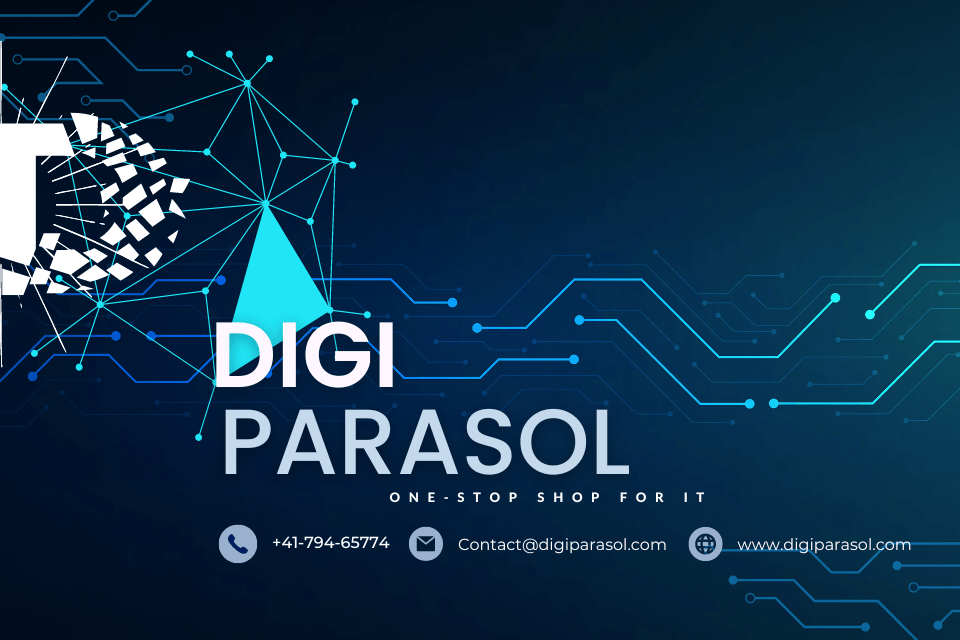Are you considering a career in information security? Have you heard about the Certified Information Systems Security Professional (CISSP) certification but are unsure if it’s worth the investment? In this blog post, we’ll explore the various benefits of becoming a CISSP and provide tips on how to get started on your journey to becoming a certified information security professional.
What is CISSP?
CISSP is a globally recognized certification in the field of information security. It is awarded by the International Information System Security Certification Consortium, also known as (ISC)². The certification validates an individual’s expertise and experience in designing, implementing, and managing cybersecurity programs. CISSP is ideal for professionals who have a minimum of five years of experience in the information security field and are looking to advance their career.
Benefits of becoming a CISSP
1. Career advancement opportunities: CISSP certification is highly regarded by employers worldwide. It demonstrates your commitment to the field of information security and validates your expertise. With CISSP certification, you’ll have access to a wide range of job opportunities and the potential for career advancement.
2. Higher earning potential: According to a survey conducted by (ISC)², CISSP-certified professionals earn an average salary that is significantly higher than their non-certified counterparts. In addition to higher salaries, CISSP-certified professionals also have access to better job benefits, such as bonuses and promotions.
3. Industry recognition: CISSP is recognized as a gold standard certification in the information security field. By becoming certified, you’ll be joining an elite group of professionals who are considered experts in the field of cybersecurity. This recognition can open doors to new opportunities and help you stand out in a competitive job market.
4. Enhanced skills and knowledge: The CISSP certification covers a wide range of topics, including security and risk management, asset security, security engineering, communication and network security, and more. By studying for the certification exam, you’ll gain a deep understanding of best practices and principles in information security, which will benefit you in your current and future roles.
Tips on getting started
1. Meet the experience requirements: To become CISSP certified, you must have a minimum of five years of cumulative paid full-time work experience in two or more of the eight domains of the CISSP Common Body of Knowledge (CBK). If you don’t have the required experience, you can still take the exam and become an Associate of (ISC)² until you meet the experience requirements.
2. Study for the exam: The CISSP exam is challenging and covers a wide range of topics. To prepare for the exam, consider taking a CISSP preparation course or using study materials such as practice exams, study guides, and flashcards. Allocate enough time to study and make a study schedule to stay on track.
3. Register for the exam: Once you feel confident in your knowledge and skills, you can register for the CISSP exam on the (ISC)² website. The exam is available at Pearson VUE testing centers worldwide.
Essential equipment for CISSP certification
1. Study materials: Invest in high-quality study materials, such as practice exams, study guides, and flashcards. These materials will help you prepare for the exam and familiarize yourself with the topics covered in the CISSP CBK.
2. Computer: You’ll need a computer with internet access to register for the CISSP exam and access study materials online. Make sure your computer meets the technical requirements for accessing the exam and study materials.
3. Headphones: Consider investing in noise-canceling headphones to create a distraction-free study environment. Listening to study materials or background music can help you focus and retain information.
In conclusion, becoming CISSP certified offers a wide range of benefits, including career advancement opportunities, higher earning potential, industry recognition, and enhanced skills and knowledge. By following the tips provided in this blog post and investing in essential equipment, you’ll be well on your way to becoming a certified information security professional. Good luck on your journey to CISSP certification!


